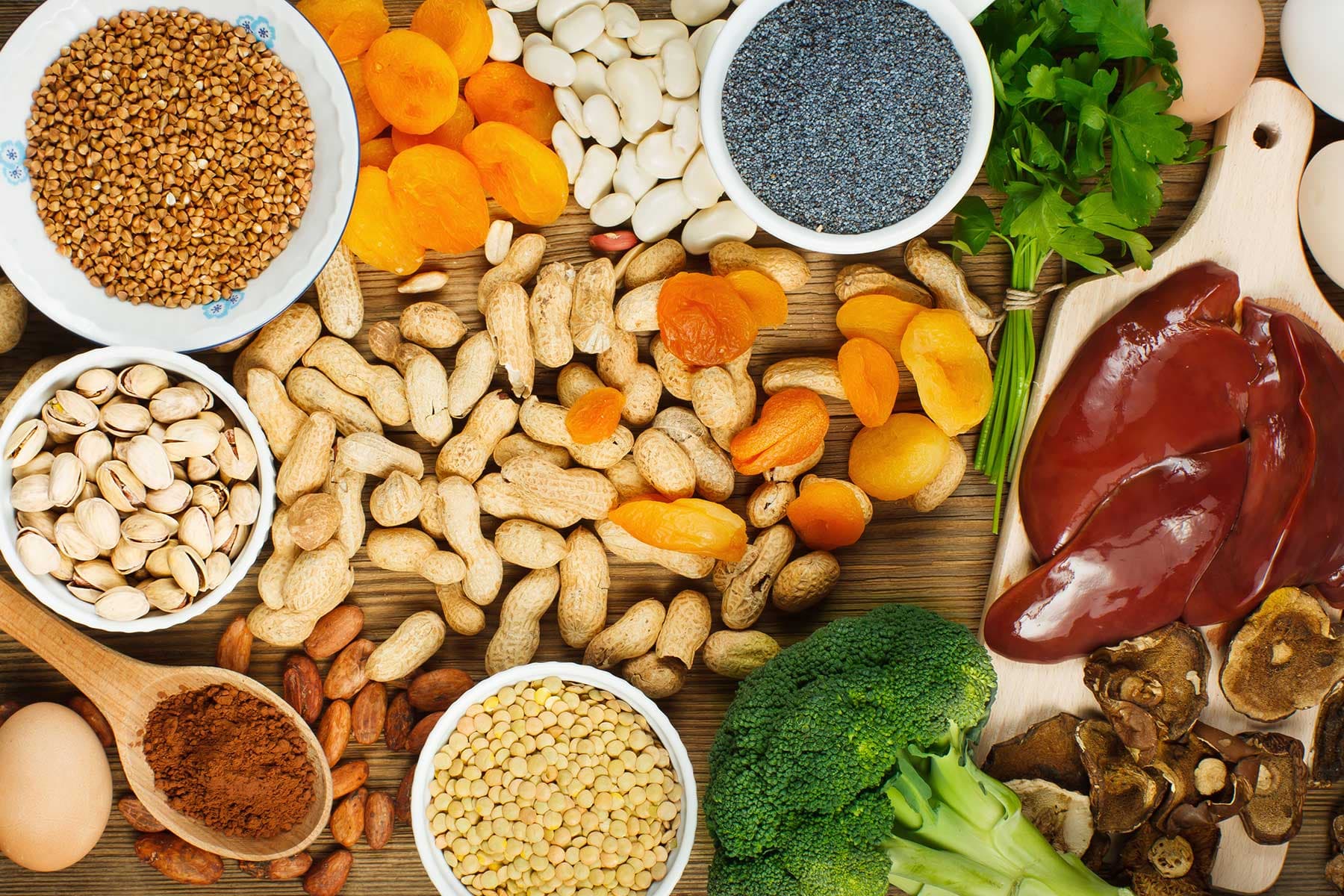If you are trying to conceive, make sure that iron supplements are in your arsenal. Iron deficiency has been linked to infertility. Harvard University researchers have published a new study in the journal Obstetrics & Gynecology. The study included over 18,500 female nurses who were trying to conceive.
The women filled out extensive questionnaires about various aspects of their health, including their diet and other habits. Infertility problems caused by ovarian failure were 40% less likely in women who reported taking iron supplements.

Women with fertility issues due to ovulation problems were studied in a study of 438 women, an average age of 32. This group of people was studied for eight years. It was found that women who took iron supplements during this time period were about 40% more likely to become pregnant.
November 1, 2007, issue of Obstetrics & Gynecology
Again, a lack of iron at the start of pregnancy can put you at risk for anemia both during and after the pregnancy (when you need all the energy you can get to take care of your baby).
Heme is the type of iron that is most easily absorbed by the body. It can only be found in animal flesh, such as meat, poultry, and seafood. Plant foods like whole grains, nuts, seeds, legumes, and leafy greens contain non-heme iron. Non-heme iron can also be found in animal flesh (because animals eat non-heme iron-rich plant foods) and fortified foods.
If you’re concerned about your iron levels, ask your doctor for a blood test to measure them. It is up to you and your doctor to decide on an appropriate dose if your results show you could benefit from iron supplements.
Another way to boost your iron level is to eat foods that are rich in iron. Pregnant women should aim for a daily iron intake of 27 mg.
When it comes to iron-rich foods, the simplest way to get it is through nutrition. Food-based iron is the best choice because it is highly absorbed and had no side effects. Iron is best Combined them with foods high in vitamin C, because it aids iron absorption.
Foods rich in non-heme iron:
- Non-heme iron-rich foods include:
- 1 cup white beans (8 mg)
- 1 cup lentils (6 mg)
- 1 cup kidney beans (4 mg)
- 1 cup chickpeas (4 mg)
- 1/2 cup tofu (3 mg)
- 1/2 cup boiled spinach (3 mg)
- 1 cup of oats (about 2 mg)
- 1/2 cup boiled broccoli (1 mg)
- 1 slice enriched whole wheat bread (1 mg)
- 1/2 cup enriched white rice (1 mg)
- 7 pitted prunes (1 mg)
- 1/4 cup raisins, packed (1 mg)
- 5 medium figs (about 1 mg)
- 2 tbsp peanut butter (0.6 mg)
Foods rich in heme iron:
- 1/4 cup liver paté (5 mg)
- 3 oz. braised lean beef (2 mg)
- 3 oz. ground and cooked lean pork (1 mg)
- 3 oz. cooked chicken (1 mg)
- 4 oz filet of salmon (1 mg)
- 3 oz. canned light tuna in water (1 mg)
- 1 hard-boiled egg (1 mg)
- 3 oz. cooked shrimp (0.4 mg)
Foods rich in vitamin C:
- 1 cup chopped red sweet peppers (190 mg)
- Two whole Kiwis (138 mg)
- 1 cup halves of strawberries (89 mg)
- 1 cup chopped broccoli (81 mg)
- Medium orange (61 mg)
- 8 oz. orange juice (60 mg)
- 1 cup mango pieces (60 mg)
- 1 cup chopped tomatoes (24 mg)

